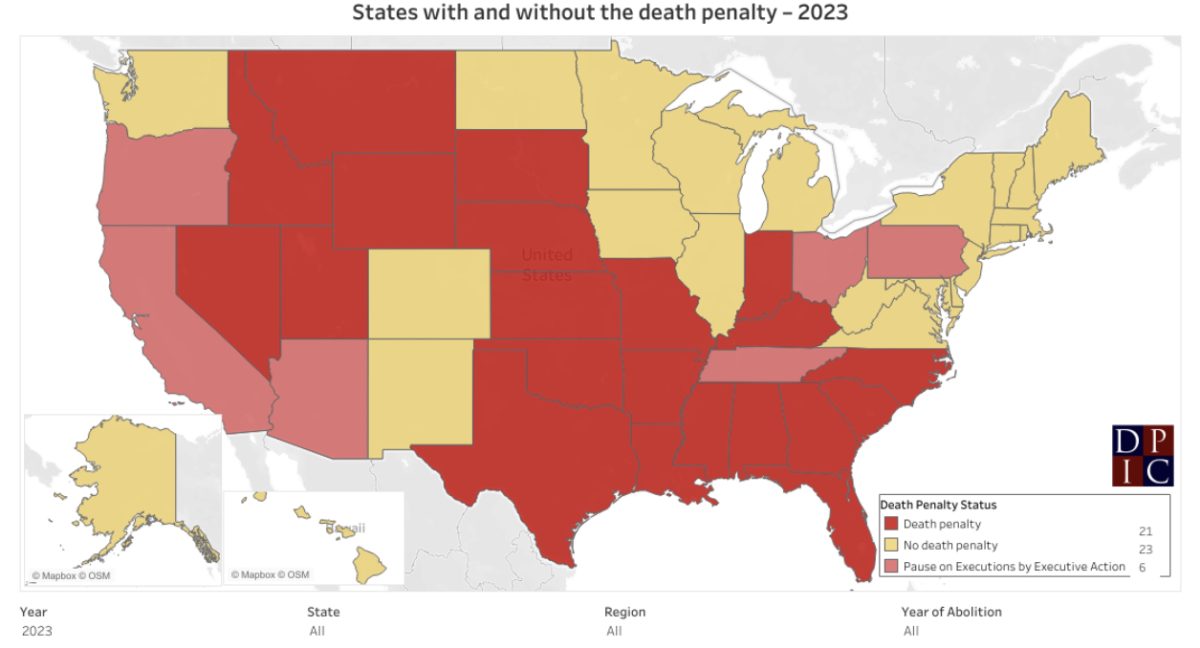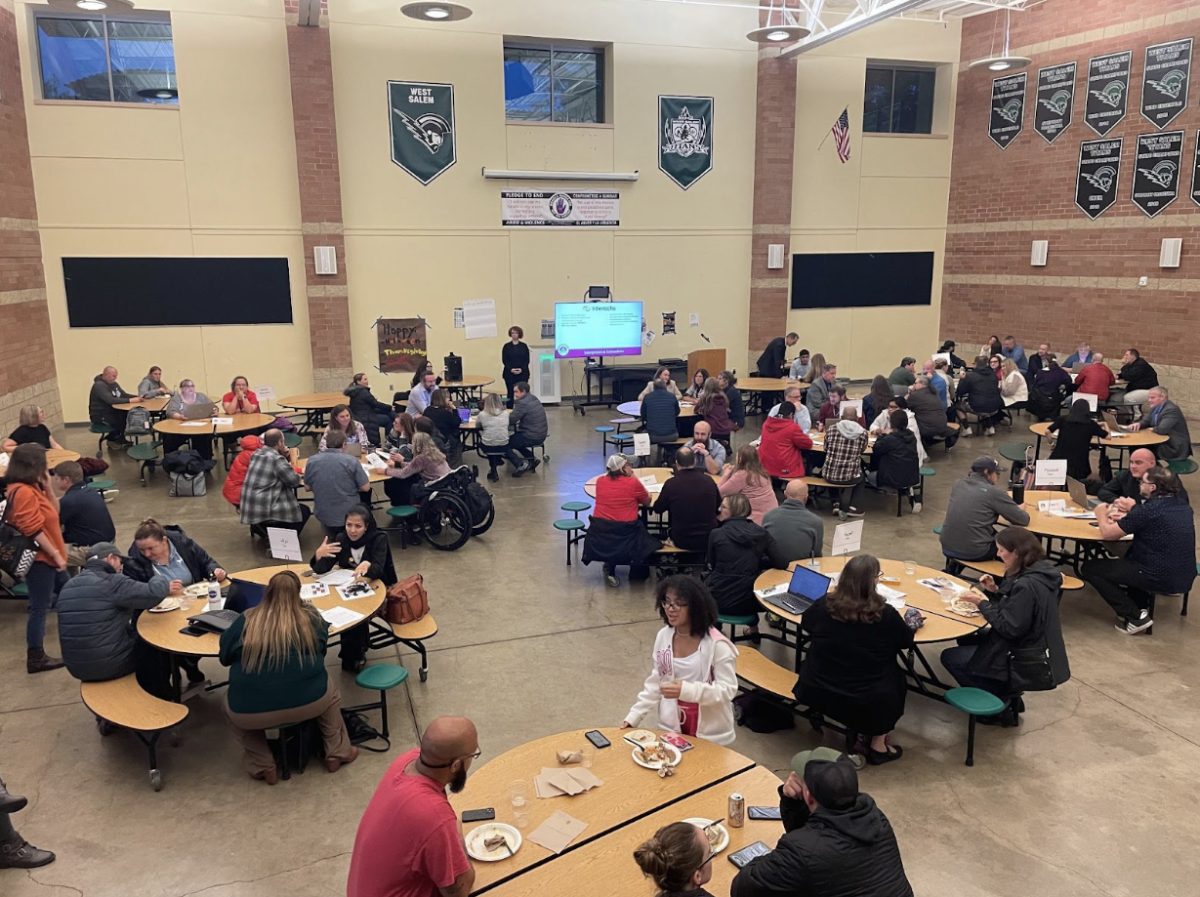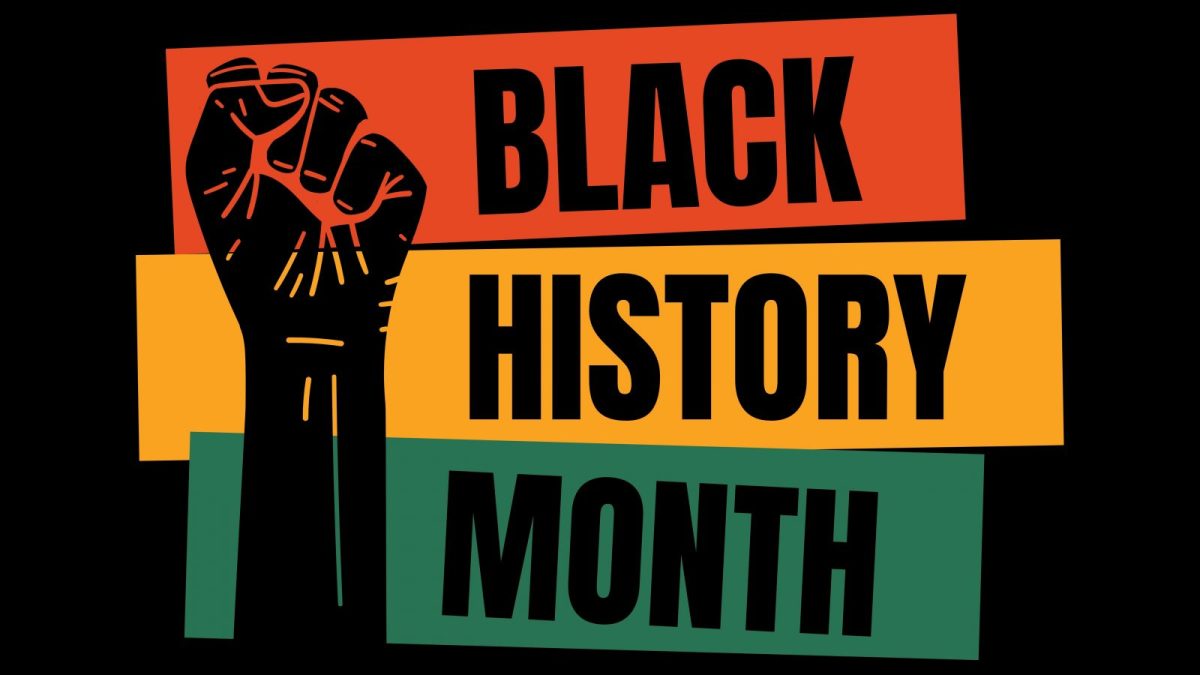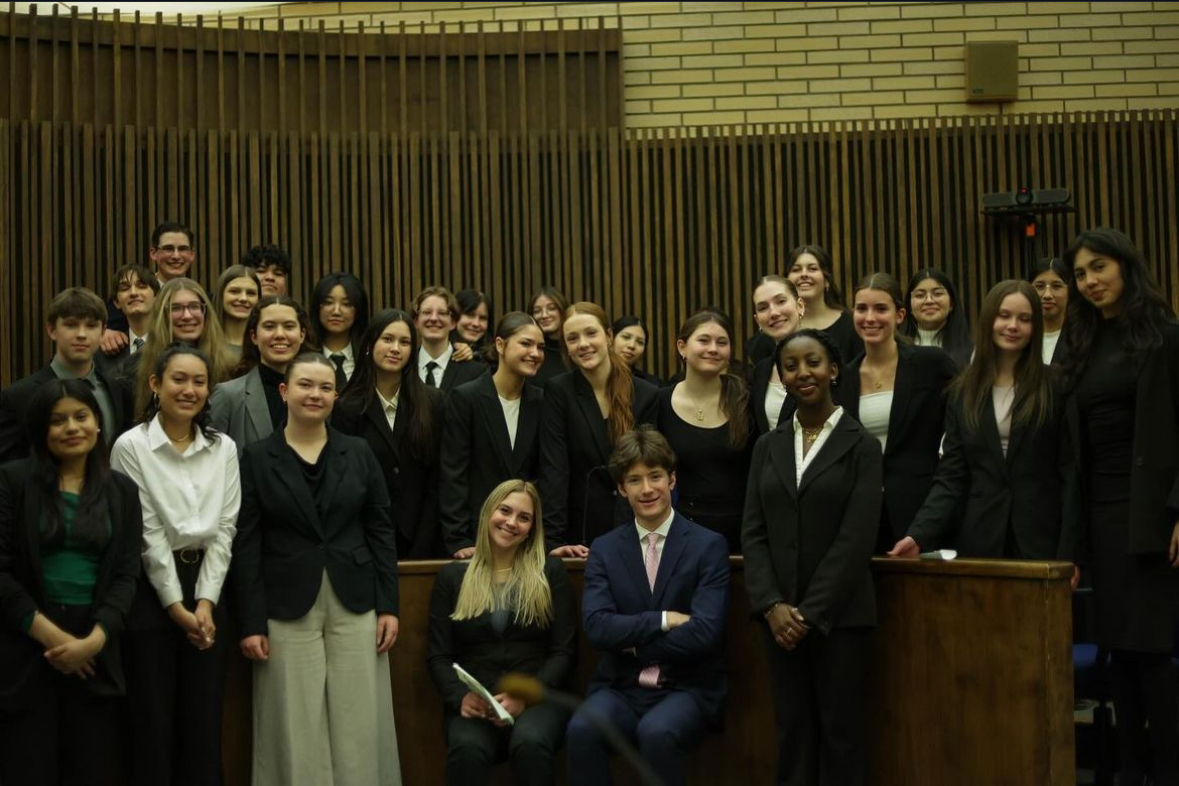A report made in 2023 by the Death Penalty Information Center found that 27 of the states in the United States still enforce the Death Penalty, while 23 states have chosen to abolish the penalty. Although countless opinions are shared on the matter, I asked two students from West Salem High School about their thoughts to better understand students’ varying outlooks on this topic.
After being asked whether or not the Death Penalty should still exist in the United States, Junior Sydney Moneke shared her opinion, “I think that the solution to death or murder should not be more deaths. I think it harms more people, and I feel that sitting in prison is a more rightful punishment than death, than not having to spend the rest of your life wondering and regretting your actions. And I also feel that no matter what someone does, the government doesn’t have the right to end someone’s life.”
Although it can be thought that this punishment is almost a threat to scare people from committing horrible crimes, as Alyssa Pollak a freshman said, “It would ensure the safety of others that the person would not have any more victims.” But the idea depends on the crime or various crimes the person has committed. After asking her the same question, her opposing opinion was, “I mean, it depends on how serious the crime is. If let’s say you’ve been in jail a few times, and after you’re time, and you’ve gone out, you’ve continued to commit several horrendous crimes, and you’re a psychopath and there’s no way you’ll learn your lesson if you were a serial killer. Yeah, I guess.” In a BMC Psychology Article on the impact of imprisonment on individuals’ mental health and society reintegration: study protocol, A report shows even after serving a prison sentence, incarceration can cause mental illnesses such as post-incarceration syndrome leading many individuals to suffer from its mental effects. Understanding that even after their time, although they may continue to commit horrendous crimes, it’s of concern to consider that their mental state could be unstable.
Lethal injection, electrocution, lethal gas, hanging, and a firing squad are the ways you can be executed if on the death penalty. Considering these methods are of utmost violent ways to die, during each interview, I enquired about whether these methods are inhumane or cruel to those who may be facing the death penalty.
Sydney answered, “I think everyone deserves to be treated like a human regardless of what they’ve done… In my opinion, yes, I think especially in recent times, I’ll point to like Alabama we’ve seen some executions that went wrong and people have been sitting in the chair for hours trying to find a place to put a needle in their arm and then they can’t and then they’re released and then two months later, they’re put to death again, I think if you’re going to kill somebody, you need to make sure that you’re doing it right and you’re doing it in a humane way.” Errors in the execution system show the penalty’s side of flaws and the carelessness of those who are performing the executions.
On the other hand, Alyssa said, “I feel like the death penalty should be painless. If anything because just suffering is a horrible way to die. No matter what you did in your life, even if it is deserving, I feel like you should still have a peaceful death.” Therefore, Alyssa ultimately agrees with Sydney in that if it comes to taking someone’s life, the most humane thing is to do it painlessly and correctly.
Whether or not you agree or disagree with abolishing the Death Penalty, what’s important is to recognize what is the humane thing to do no matter what someone else has done. Both sides of its controversy still will remain an imperative topic in the U.S., regardless of disagreements with others, the topic should remain an open matter for discussion.
























